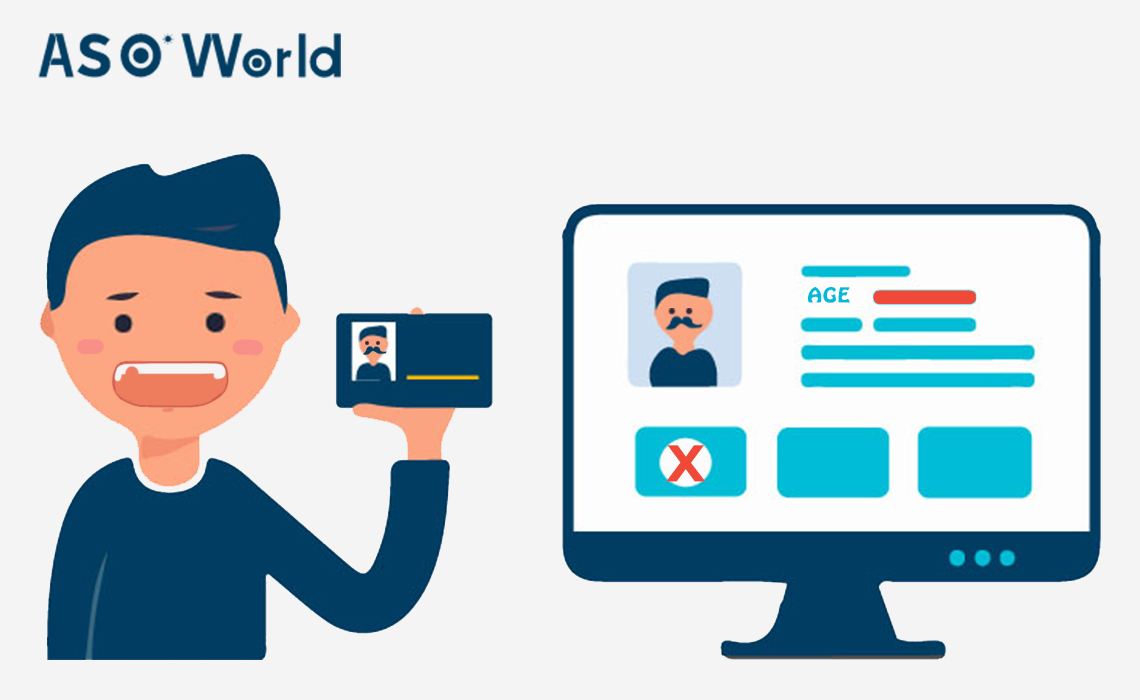Loot boxes, which offer players random in-game items for real money, have sparked debates worldwide. In response to growing concerns over loot boxes' potential links to problem gambling and their impact on children players, the UK games industry has announced a series of measures to limit access to these in-game features.
Through its Department for Digital, Culture, Media, and Sport (DCMS), the UK government has issued guidelines to protect minors from the potential harms associated with loot boxes in video games.
While the industry's trade body, Ukie, has also taken a significant step by releasing guidelines to protect players and improve responsible gaming practices. This article will delve into the critical points of the proposed regulations and their implications for the gaming community.
The Loot Box Controversy

Loot boxes have long been a subject of controversy, with some comparing them to purchasing a Kinder Egg or using a slot machine. They allow players to spend real money for a chance to obtain digital items, such as characters, outfits, weapons, or experience points.
However, concerns have arisen about the potential for loot boxes to lead to gambling addiction, especially among young players. Considering the poor self-control of underage players, the UK government intends to take steps to limit it.
The UK Government's Guidelines
Over the past three years, the UK government has been grappling with how to address loot boxes' impact on players, particularly minors. While some countries, such as Belgium and the Netherlands, have already banned them, the UK opted for industry-led initiatives before considering legislation. The aim was to allow the gaming industry an opportunity to self-regulate and come up with responsible measures.
Meanwhile, the UK government has introduced comprehensive guidelines for loot boxes in video games to safeguard minors and enhance transparency in the industry:
Age Verification Systems
Probability Disclosures and Transparency
Refund Policy
It's necessary to ensure clear and accessible refund policies for in-game purchases, particularly concerning loot boxes, to address instances of unauthorized or accidental purchases made by minors without adequate consent or understanding of costs.
The development of these guidelines involved collaboration with industry representatives, consumer rights organizations, and gambling regulators to strike a balance between player protection and sustaining a thriving gaming sector.
Game developers and publishers must adapt their practices to comply with the guidelines, including implementing age verification measures and realigning loot box mechanics with disclosed odds; failure to comply may result in regulatory action and financial penalties.
While specifically applicable to the UK, these guidelines may have broader global implications, influencing other countries and regulatory bodies in crafting their own loot box and in-game purchase regulations.
The guidelines raise essential questions about achieving a harmonious balance between consumer protection, especially for minors, and fostering gaming innovation and monetization. Striking this balance is vital for the gaming industry's long-term sustainability while addressing concerns from players and regulators alike.
The Industry's Commitment
Ukie, representing games companies, has outlined a set of principles to promote safe and responsible play. The primary focus is to protect children from engaging with loot boxes while still allowing adult players to enjoy the gaming experience responsibly. It responds to the guidelines issued by the UK government including:
Games companies will provide technological tools to restrict access to loot boxes for players under 18 without parental consent.
A public information campaign will be launched to raise awareness of these technological controls.
Games will be required to disclose the presence of loot boxes before players make a purchase. Clear probabilities of obtaining items will also be provided.
Companies will commit to more lenient refund policies to ensure player satisfaction.
The gaming industry will conduct further research on the impact of loot boxes and work to address the black market associated with their sale.
John Whittingdale, minister for the creative industries, acknowledges the need for further protections and commends the industry's efforts. He hopes the new principles will lead to responsible and safe gaming practices.
The UK games industry's move to self-regulate access to loot boxes represents a significant step forward in addressing concerns about problem gambling and protecting young players.
By implementing these new guidelines, the industry aims to strike a balance between preserving the gaming experience and safeguarding vulnerable users.
However, the success of these measures will be closely monitored, and the debate over loot boxes and their classification as gambling will undoubtedly continue.

